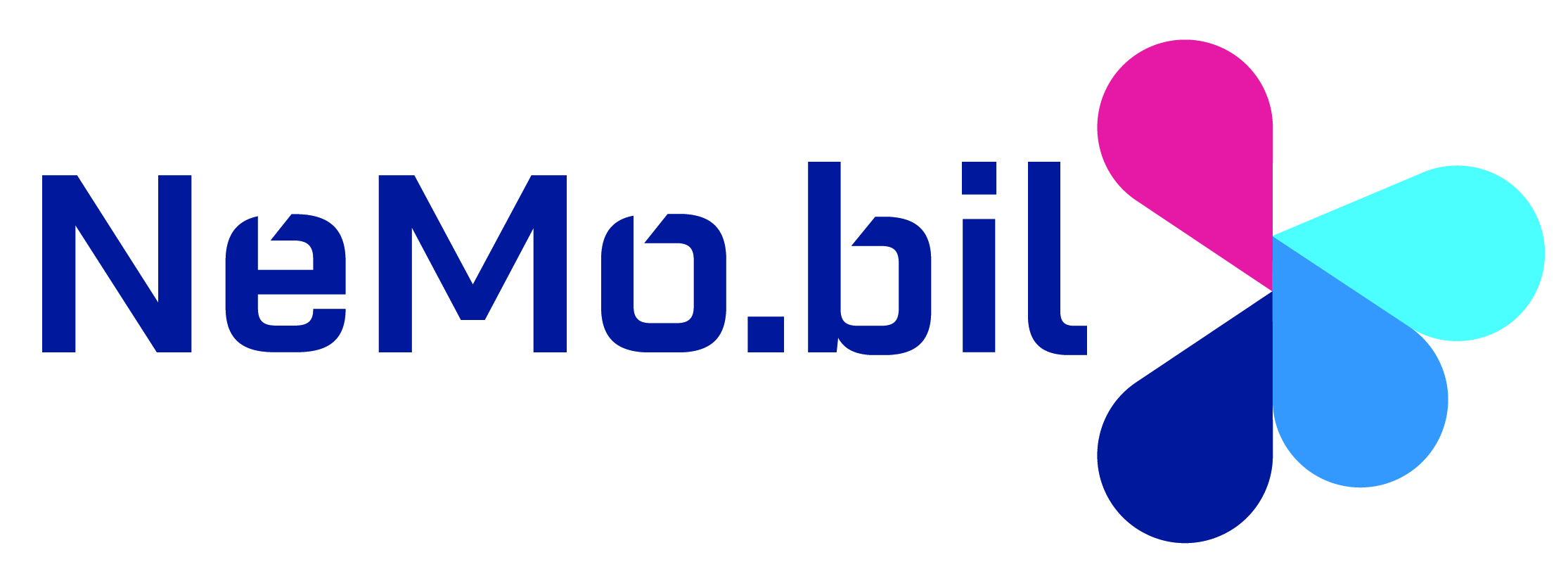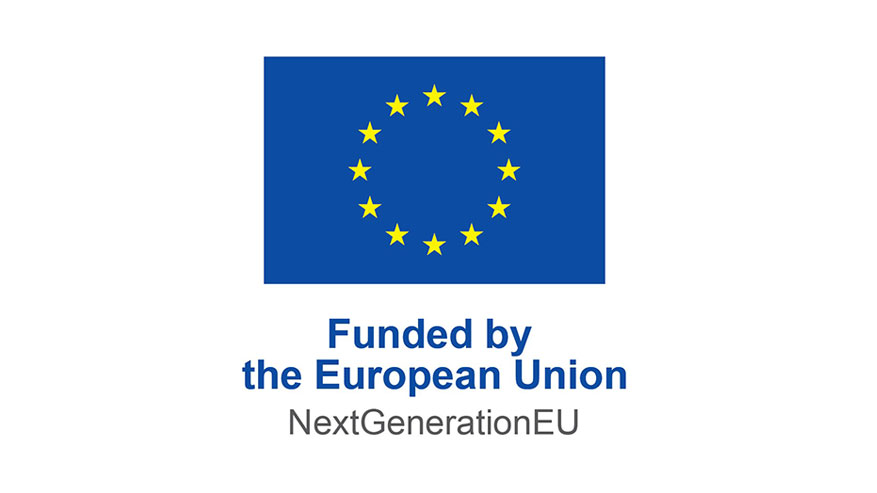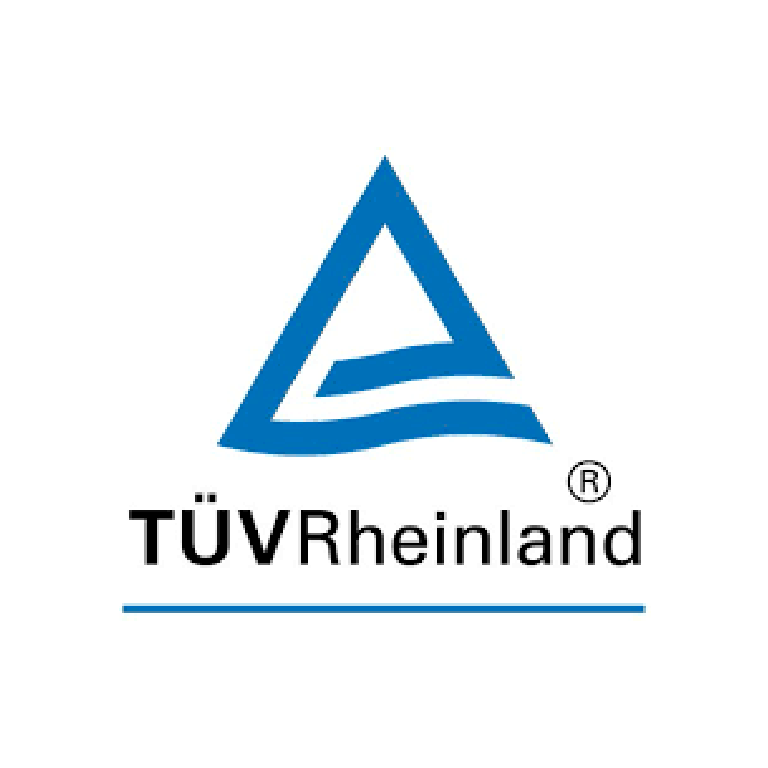
NeMo.bil: Development of a system of cooperating vehicles for sustainable, individualized public transport (iÖV)

Individual public mobility that is as comfortable as using your own car, but with unprecedented energy efficiency. This is exactly what the NeMo.bil (New Mobility) project aims to achieve. Funded by the German Federal Ministry of Economics and Climate Protection (BMWK) and involving 20 partners, the project aims to act as a beacon for the whole of Germany, enabling a new form of sustainable and demand-driven passenger and freight transport in rural areas.
A systemic approach will be taken to enable energy efficiency. Smaller automated vehicles (cabs), which cover the first and last few kilometres, will form a convoy on longer journeys, pulled by a larger automated vehicle (pro). These Cabs will weigh a maximum of 450 kilograms plus battery and will seat up to four people. The Pros will act as mobile charging stations, allowing the convoy to travel longer distances and at higher speeds. The combination of the two types of vehicle will result in an unprecedented energy efficiency for the entire system.
The aim of the NeMo.bil project is to implement an innovative approach to mobility that brings significant improvements in terms of user acceptance, costs, resource consumption and emissions. The key components are compact, electrified and very light vehicles that provide demand-driven transport services. NeMo.bil vehicles will enhance the existing public transport system and increase its attractiveness. The system will enable individual public mobility that is as comfortable as using one's own car.
The success of the implementation is linked to two core innovations: firstly, the development of a user-centred, open control and operation platform and, secondly, the adaptation of the automated vehicles to the system requirements. This will strengthen the innovative power and future viability of German industry, with a particular focus on small and medium-sized enterprises.
TH OWL plays a central role in this approach through the research group of Professor Dr.-Ing. habil. Ulrich Büker. He is responsible for the work package to develop the automated driving function of the cabs. Together with other partners, he is defining the safety requirements for the driving function, integrating the necessary sensors into the vehicle and developing the software for automated driving. This research and development will help to ensure that the use and operation of the vehicles meets safety standards and that passengers are transported safely.
For further information, please visit the project website at www.nemo-bil.de (german only).


